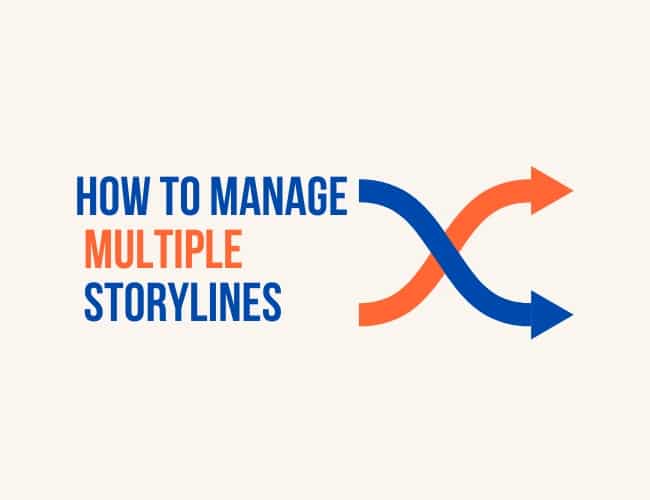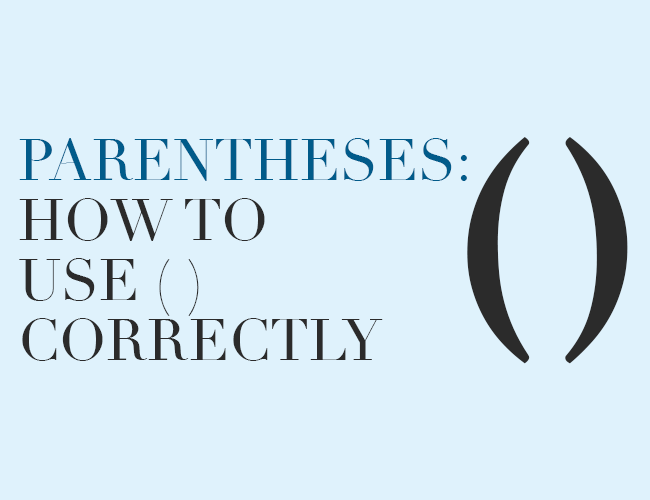
What’s an En Dash? (And How to Use it Correctly)
An en dash is one of the punctuation marks that most people see all the time, but rarely think about how to use correctly. Take a look at how to create an en dash and when to use it.

An en dash is one of the punctuation marks that most people see all the time, but rarely think about how to use correctly. Take a look at how to create an en dash and when to use it.

Most full length books or films will have multiple storylines, a primary plot and at least one secondary plot that impacts the outcome of the story. But keeping all those storylines straight can be a challenge. What are multiple storylines and how can you manage them to tell a terrific story?

Here at the Write Practice, we have love for all punctuation marks: commas, semicolons, question marks. Today we’re discussing that trio of periods that make up the ellipsis.
What’s an ellipsis?

Parentheses are punctuation marks that look like curly brackets. They are used in pairs and can contain phrases, clauses, or even complete sentences. Let’s look at some ways to use them more specifically.

Today, Joe brought my attention to a strange quirk of the English language: we use “whose” for inanimate objects. It sounds so weird when you use the phrase like, “I placed the iPhone whose screen is broken in the bin,” but it’s technically grammatically correct.